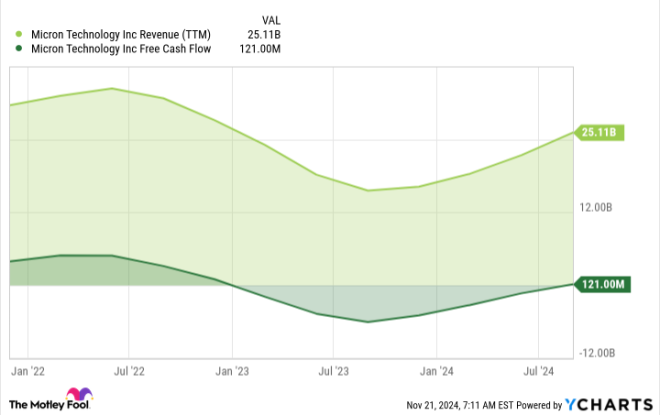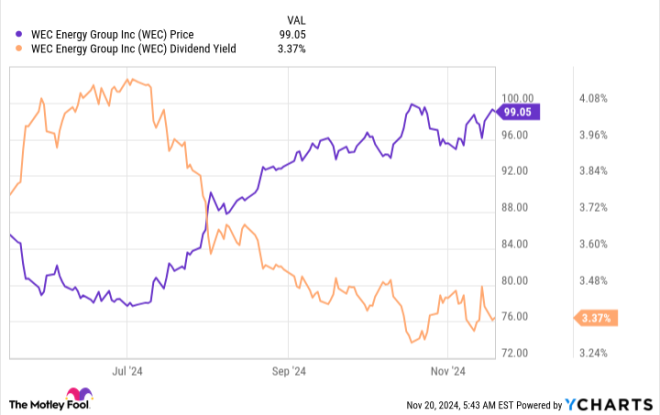Realty Income vs. Agree Realty: Which Is the Better Monthly Dividend Stock to Buy for Passive Income Right Now?
Realty Income (NYSE: O) and Agree Realty (NYSE: ADC) are two of the largest real estate investment trusts (REITs) focused on freestanding retail properties secured by net leases. Those leases require tenants to cover all operating expenses (including routine building maintenance, real estate taxes, and property insurance). That enables the REITs to collect very stable rental income, which allows them to pay monthly dividends.
Given their similar strategies, most investors will likely only want to own one of these REITs. Here’s a look at which of these monthly dividend stocks is the better buy for passive income right now.
Start Your Mornings Smarter! Wake up with Breakfast news in your inbox every market day. Sign Up For Free »
It’s essential to take a closer look at the key financial metrics of these REITs to see how they compare. Here’s a snapshot of those numbers:
|
Monthly Dividend Stock |
Dividend Yield |
Dividend Payout Ratio |
Leverage Ratio |
2024 AFFO Growth Rate (midpoint) |
Price to AFFO |
|---|---|---|---|---|---|
|
Agree Realty |
3.9% |
73% |
3.6x |
4.6% |
18.7x |
|
Realty Income |
5.5% |
75.1% |
5.4x |
4.8% |
13.7x |
Data source: Realty Income and Agree Realty.
From these numbers, we can see that Realty Income has a much higher dividend yield, which is due solely to its much lower valuation since they both have similar dividend payout ratios. At first glance, the only explanation for the valuation difference is that Agree Realty has a much lower leverage ratio, considering that the REITs are growing their adjusted funds from operations (AFFO) at around the same rate this year. That would seem to imply that Agree Realty is a financially stronger company.
However, a closer look at their balance sheets suggests things are much tighter than they appear at first glance. Agree Realty’s leverage ratio is 4.9x after excluding unsettled forward equity (stock it agreed to sell to fund future investments). Meanwhile, the REIT’s credit rating is BBB+/Baa1, which is a notch below Realty Income’s A-/A3 credit rating (it’s one of eight REITs in the S&P 500 index with credit ratings that high or better). So, clearly, Realty Income is a very financially strong REIT.
Realty Income and Agree Realty have similar real estate portfolios since they focus on owning freestanding net lease retail properties. However, there are some key differences between their portfolios.
Realty Income owns 15,457 properties around the U.S. and Europe leased to 1,552 clients in 90 industries. It’s the seventh-largest REIT in the world, with $58 billion of real estate. Retail properties comprise 79.4% of its portfolio. Realty Income also owns industrial real estate (14.6%), gaming properties (3.2%), and other real estate (including data centers). About 32% of its rent comes from investment-grade tenants.





Leave a Reply